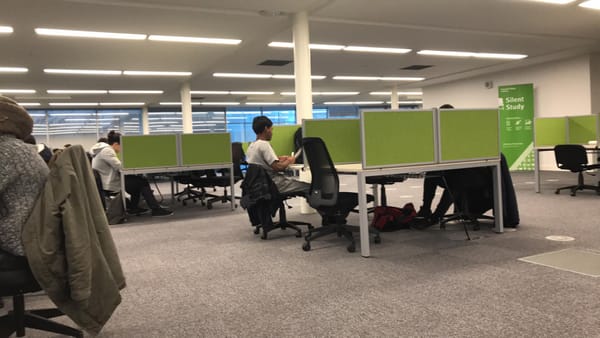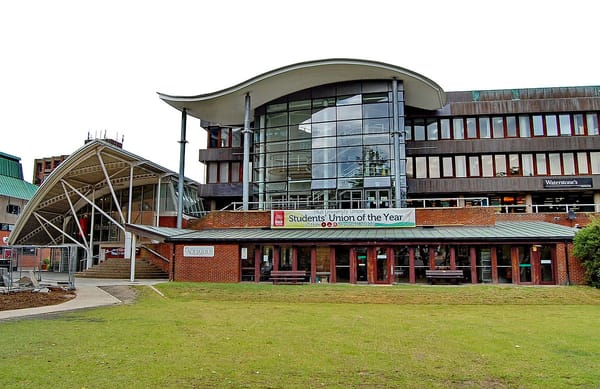Universities minister threatens to fine universities that no-platform speakers
Jo Johnson announced plans to crack down on no-platforming and safe spaces, which he claimed were “undermining the principle of free speech in our universities.”

Jo Johnson, universities minister, yesterday announced plans to fine higher education institutions which fail to protect free speech.
In a speech yesterday, Johnson singled out “safe spaces” and “no-platforming” as “undermining the principle of free speech in our universities.” He said the newly-created Office for Students (OfS) would require higher education institutions to “demonstrate a clear commitment to free speech in their governance documents”.
Speaking on BBC Radio 4’s Today Programme, Johnson said there would be a “range of remedies” the OfS could use, including fines. He cited incidents where speakers had been banned as a result of ‘no-platforming’ and ‘safe space’ policies.
Johnson said: “[universities] should be places that open minds, not close them.”
“But in universities in America and increasingly in the United Kingdom, there are countervailing forces of censorship, where groups have sought to stifle those who do not agree with them in every way under the banner of ‘safe spaces’ or ‘no-platforming’.”
However, Johnson did not single out individual universities that would come under fire from the OfS, which is due to receive legal powers in April.
The announcement faced criticism from a number of politicians and student organisations, who accused Johnson of misinterpreting the nature of the issue. Angela Rayner, the shadow education secretary, said “denying access to groups and individuals who incite violence and hatred is a perfectly sensible step to keep students safe from harm.”
Rayner went on to say the announcement was “another meaningless gimmick from a government that has run out of ideas,” and “suggesting that universities are either places of free enquiry or places of safety” was a “false choice.”
Her comments were echoed by Izzy Lenga, NUS vice-president welfare, who cited the small number of organisations on the NUS’ no-platform list who “threaten, demonise, and attack the lives of students on campus.” She said: “We are not censoring free speech; we are protecting groups of students on campus who have as much of a right to be there as any other student from groups that wish to harm us physically and mentally because of our identity.”
The NUS’ No Platform Policy, which was introduced in 1974, “prevents individuals or groups known to hold racist or fascist views from speaking at NUS events”, and prevents NUS officers sharing a public platform with them.
Currently only six organisations come under their No Platform Policy, including the British National Party and English Defence League. The NUS state the Policy is “there to enfranchise freedom of speech and keep students safe.”
Johnson’s announcement comes following a number of high-profile debates on free speech at universities, largely centring on visiting speakers: two years ago, students at Cardiff University launched a campaign to prevent Germaine Greer from speaking, citing her “problematic and hateful views” on trans people. The talk went ahead under increased security.
In 2015, Manchester Student Union refused to grant Julie Bindel and Milo Yiannopoulos the right to speak, saying they would incite hatred against trans students.
While Felix is not aware of any recent incidents at Imperial, Imperial College Union policy states the duty to protect free speech needs to be balanced with student safety and reputational damage. It also states free speech needs to be weighted against the Union’s commitment to equality and diversity.
A poll carried out last year found the majority of university students supported the NUS’ position of no-platforming, with only 14% of those surveyed disagreeing with the policy.
Universities are legally required by the Education (No 2) Act 1986 to “take such steps as are reasonably practicable to ensure that freedom of speech within the law is secured for members, students and employees of the establishment and for visiting speakers.”









